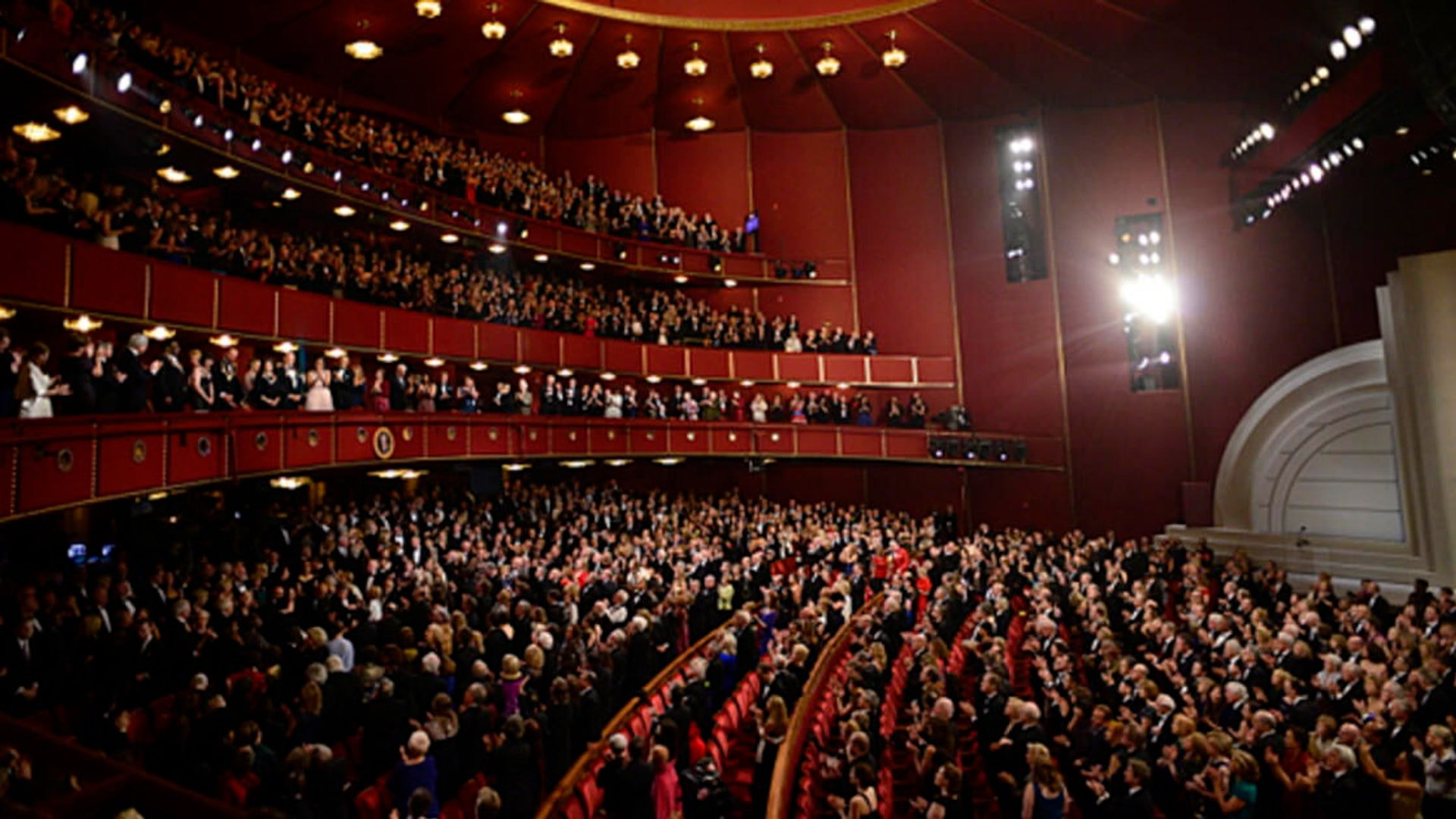Picture: The Prince and Princess of Wales attended the 2023 Royal Variety Performance at London's iconic Royal Albert Hall.
DANIEL LEAL/AFP VIA GETTY
2. Arrival: Punctuality is Key
Timeliness: Arrive at least 30 minutes before the performance begins. This allows ample time for finding your seat, store your belongings at the designated locker room and settling in without disrupting others.
Preparation: Check your coat and any large bags at the cloakroom. Keep only essentials like your ticket, a handkerchief, and a small opera glass if needed.
3. During the Performance: Show Respect
Silence and Stillness: Maintain complete silence during the performance. Whispering, rustling, and shifting in your seat can distract both performers and fellow audience members.
Mobile Devices: Ensure your phone is turned off or set to silent mode. The glow of a screen or a sudden ring is highly disruptive.
Applause: Follow the lead of the audience for applause. At the opera, it’s customary to applaud after an aria or a particularly impressive performance. At the theater, wait until the end of a scene or act.





